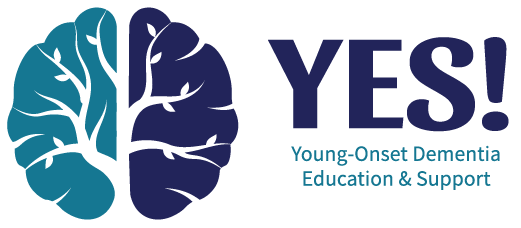Are you familiar with term “Show Time” as it relates to dementia patients? In the early stages of the disease, many patients (especially those with early onset) are able to perform for their physicians in such a way that their symptoms of dementia are not easily detected. This is extremely frustrating for the family member who brings his/her loved one into the office knowing that something is wrong but is put into a position of having to challenge the patient in the presence of the physician. Many of these patients were unable to dress themselves for the appointment, did not know the appointment date or time, and could not remember how to get to the office. Yet once inside, these patients are able to converse normally and answer basic questions.
This leads to the shortfalls of the mini cog as a diagnostic tool. It is common for patients with Lewy Body Dementia and Frontotemporal Degeneration to perform well on these tests despite having other manifestations of disease, such as executive function issues, personality changes, sleep problems, and movement disorders. Even complete neuro-psychiatric exams can miss the signs of these serious diseases resulting in a diagnosis of mild cognitive impairment. The delay of diagnosis is a critical problem for these patients and their families as proper intervention and treatment is delayed, planning for the future is not addressed, and most importantly, there is a high chance that the patient will experience a sudden decline that becomes a medical emergency.
How can physicians identify dementia in their patients, especially those with early onset? Talk to the family. If a family member has accompanied the patient and/or the patient has consented to their involvement, it is important to interview the family member for information about memory, sleep and behavior changes. Discussions about the patient’s ability to continue working and driving may also need to be addressed.
Another issue with diagnosis is the importance of determining exactly which type of dementia the patient is suffering from, even if the patient is end-stage. Why is this important? To begin with, the treatment plan for Alzheimer’s may be very different than for other dementias. For example, patients with Lewy Body Dementia have significant problems with medications, including but not limited to neuroleptics, as well as autonomic system issues which can be misdiagnosed as other system disorders. It is also vitally important for the family and patient to put a name to the disease in order to plan for the remainder of the patient’s life. The course of disease and life expectancy varies significantly depending on the type of dementia.
This summary is based on the personal experiences of families who have experienced the effects of early onset dementia in their loved ones. The following organizations have valuable resources for physicians to assist in the diagnosis and treatment of dementia: Alzheimer’s Association (alz.org), Lewy Body Dementia Association (lbda.org) and The Association for Frontotemporal Degeneration (theaftd.org).

